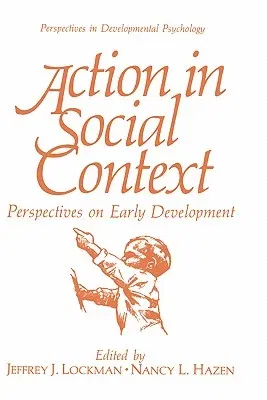Action in Social Context: Perspectives on Early Development (1989)Hardcover - 1989, 31 May 1989

Qty
1
Turbo
Ships in 2 - 3 days
In Stock
Free Delivery
Cash on Delivery
15 Days
Free Returns
Secure Checkout

Part of Series
Perspectives in Developmental Psychology
Part of Series
Criminal Justice and Public Safety
Print Length
310 pages
Language
English
Publisher
Springer
Date Published
31 May 1989
ISBN-10
0306431394
ISBN-13
9780306431395
Description
Product Details
Book Edition:
1989
Book Format:
Hardcover
Country of Origin:
US
Date Published:
31 May 1989
Dimensions:
23.98 x
16 x
2.41 cm
ISBN-10:
0306431394
ISBN-13:
9780306431395
Language:
English
Location:
New York, NY
Pages:
310
Publisher:
Weight:
603.28 gm